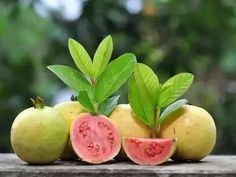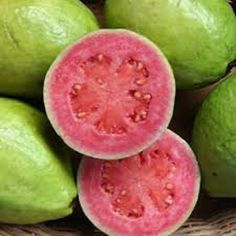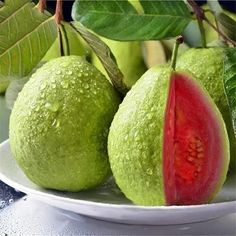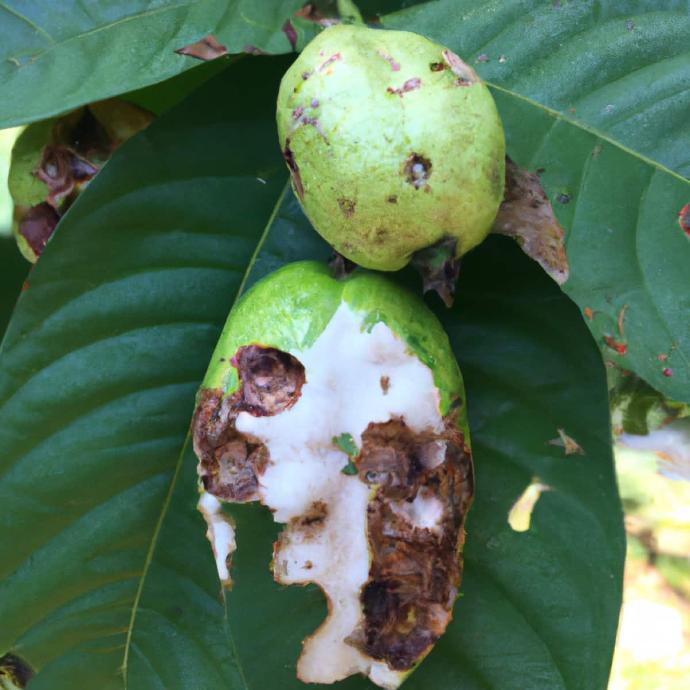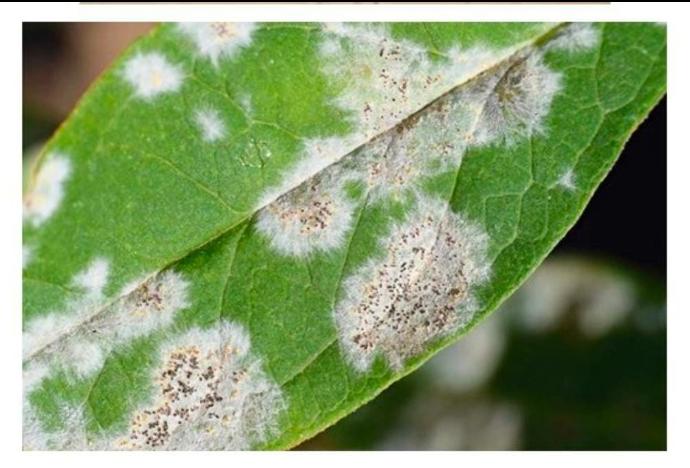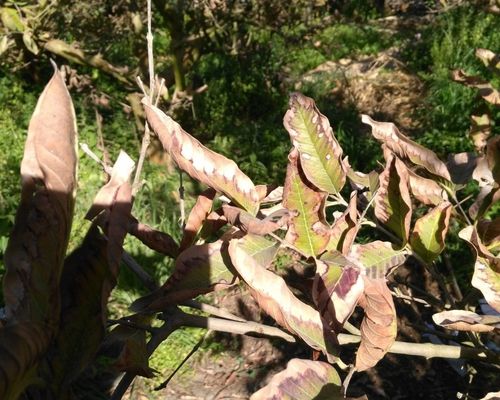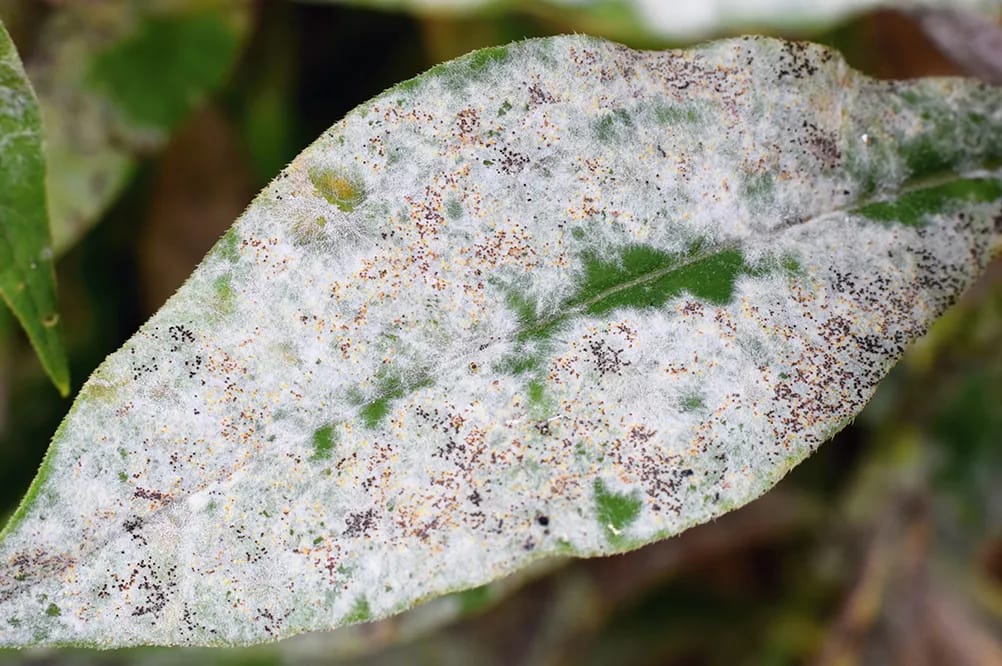Thailand The pink guava plant grows in warm, tropical climates with plenty of sunlight. Prefers well-drained soil with high water retention. Ideal locations for growing Thai pink guava include areas where temperatures consistently exceed 15°C, such as southern Thailand and other tropical regions with a similar climate.
Thai pink guava plants require plenty of sunlight for optimal growth and fruit production. Ideally, they should receive at least 6 to 8 hours of direct sunlight per day. Lack of sunlight can reduce fruit yield and quality. Therefore, it is important to plant it in a location that receives plenty of sunlight throughout the day.
The Thai pink guava plant grows in well-drained, fertile soils that are slightly acidic to neutral, with a pH ranging from 5.5 to 7.0. They prefer soils that are rich in organic matter and have the ability to retain moisture while allowing excess water to drain away. Sandy loam or loamy soils are generally suitable for growing pink guava. Adding compost and organic matter to your soil can improve the texture and fertility of your soil, providing an ideal growing environment for your plants.
Thai pink guava plants ensure healthy growth and fruit production with regular fertilization. A balanced fertilizer with a ratio such as 10-10-10 can be applied during the growing season, usually every 4 to 6 weeks. Additionally, incorporating organic matter into the soil, such as compost and well-rotted manure, provides important nutrients and improves soil fertility. It is important to follow recommended fertilization practices and avoid over-fertilizing, as excess nutrients can cause problems such as nutrient imbalances and fertilizer burn.
1. *Pest Infestation*: Pink guava plants can be susceptible to pests such as fruit flies, aphids, mealybugs, and scale insects. Regular monitoring and proper pest control measures, such as the use of insecticidal soaps and neem oil, can help control infestations.
2. *Diseases*: Pink guava plants can be susceptible to fungal diseases such as anthracnose, powdery mildew, and root rot. Proper sanitation, proper spacing between plants for air circulation, and use of fungicides when necessary can help prevent and control these diseases.
What are the benefits of Thai pink guava plant?
1. *Nutritional value*: Pink guava is rich in vitamins A and C, fiber, and antioxidants, making it a highly nutritious addition to your diet. They strengthen the immune system, promote digestive health, and support overall health.
2. *Delicious taste*: Pink guava from Thailand is known for its sweet and aromatic flavor, making it a popular choice for eating raw, juiced, or used in a variety of dishes and desserts.
3. *Easy to Grow*: Pink guava plants are relatively easy to care for and can be grown in warm tropical climates with minimal care. Suitable for home gardens and commercial orchards.
4. *High Yield*: The pink guava plant can produce a significant yield of fruit once established, providing a rich crop for consumption or sale.
5. *Versatile*: Pink guavas can be enjoyed in a variety of ways, including eating them raw, making juices, jams, jellies, and desserts, or incorporating them into flavorful dishes.
6. *Economic Value*: Cultivation of pink guava is economically beneficial for farmers as the fruit is in demand in the local market and can be exported to international markets to earn income.
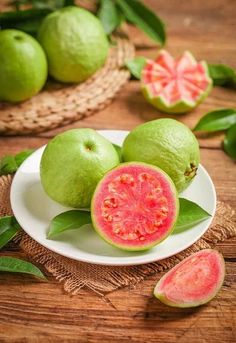
FAQ'S about growing thailand pink guava plants
How to maintain thailand pink guava plants?
1. *Watering*: Ensure consistent watering, especially during dry periods, to keep the soil evenly moist but not waterlogged. Avoid overwatering, as this can lead to root rot.
2. *Fertilization*: Apply balanced fertilizer regularly during the growing season to provide essential nutrients for healthy growth and fruit production. Incorporatinorganic matter into the soil can also help improve fertility.
3. *Pruning*: Prune the plants as needed to remove dead or diseased branches, promote air circulation, and maintain a manageable size and shape. Pruning can also encourage new growth and fruiting.
What are the uses of thailand pink guava plants?
1. *Fresh consumption*: The ripe fruits can be eaten fresh, providing a sweet and flavorful snack or addition to fruit salads.
2. *Juicing*: Pink guavas are commonly juiced to make refreshing beverages, either on their own or combined with other fruits for added flavor.
3. *Cooking*: Pink guavas can be used in cooking to add sweetness and flavor to a variety of dishes, including desserts, sauces, chutneys, and marinades.
4. *Preserves*: Guava jams, jellies, and preserves are popular ways to preserve the fruits for longer storage and enjoy their flavor throughout the year.
Can I grow Thai pink guava indoors?
Pink guava plants are usually large tropical trees that require plenty of sunlight to grow and bear fruit. Indoor conditions may not provide enough sunlight for optimal growth and fruit production, especially in areas with limited natural light.
Which pot is best for growing thailand pink guava?
1. *Size
2. *Material
3. *Drainage
4. *Weight
5. *Insulation
From where can I shop thailand pink guava plants?
1. *Local nurseries
2. *Online nurseries
3. *Specialty fruit tree nurseries*:
4. *Plant exchanges or markets
5. *Online marketplaces

